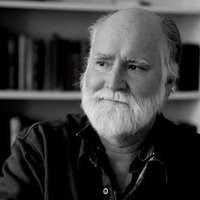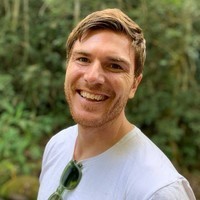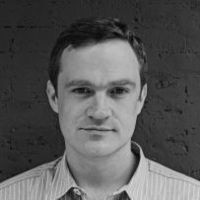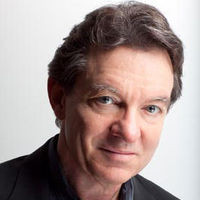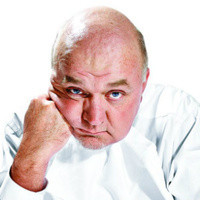Seth Wickersham is a senior writer for ESPN. His latest article is "For Kraft, Brady and Belichick, Is This the Beginning of the End?"
“You want to write about something real. I hate stories that are, the tension of the story is, talk radio perception versus the reality that I see when I’m with somebody. I can’t stand those stories because to me, you’re just writing about the ether versus a real person, and that’s not a real tension to me. The inner tensions are the best tensions. You can’t get to them with everybody, but you try.”
Thanks to MailChimp and Mubi for sponsoring this week's episode.


